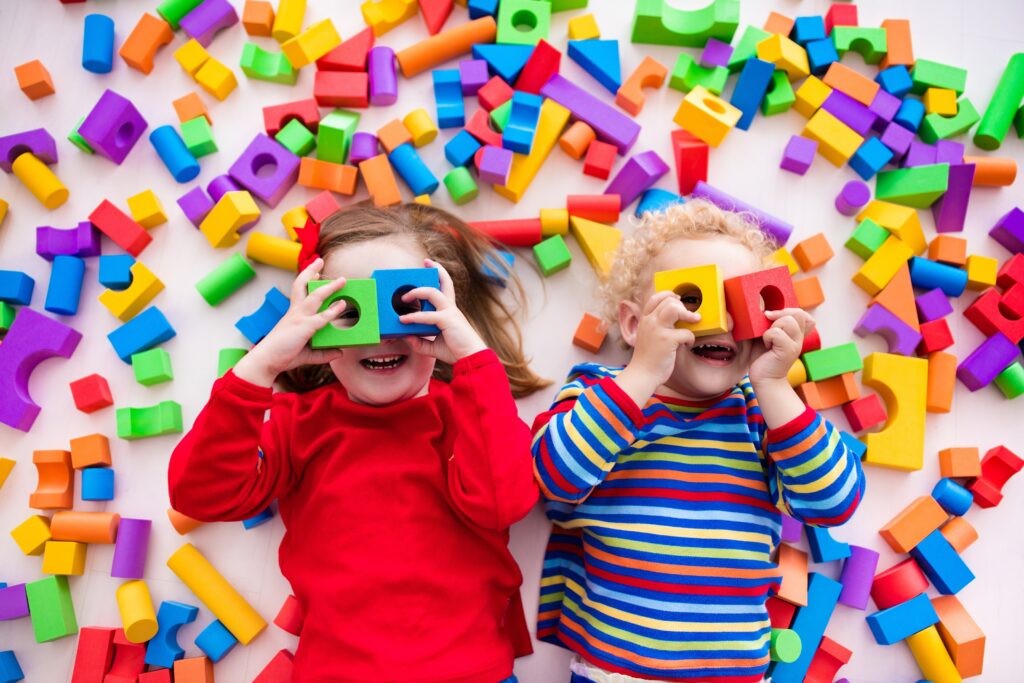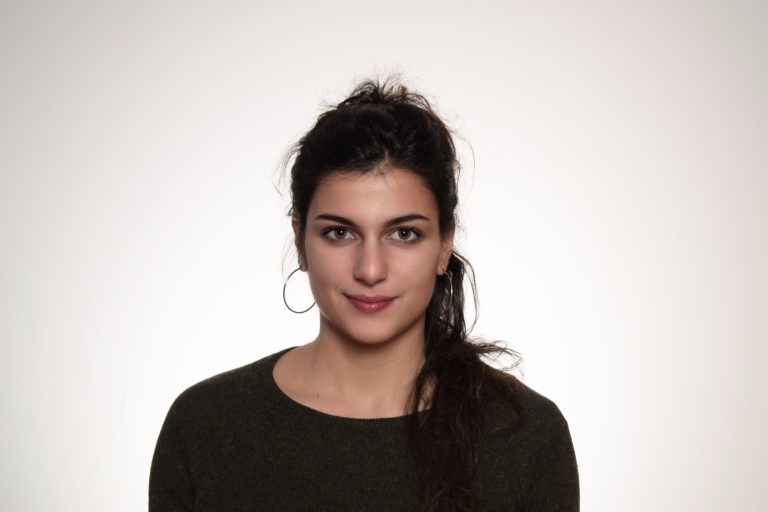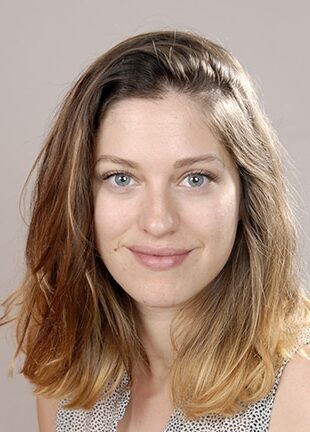
1
Part 1: an interview with parents/carers
The first part of the assessment is a diagnostic interview with the parents/carers, usually in the form of the Autism Diagnostic Interview Revised (ADI-R) or another form of detailed neurodevelopmental history. Parental interviews may be conducted virtually, at your convenience.
This ADI-R/ neurodevelopmental history assessment takes around 2 hours to complete and comprises a series of questions regarding your child’s development, social interaction, communication and language, and patterns of behaviour.
 Visit our USA website
Visit our USA website





